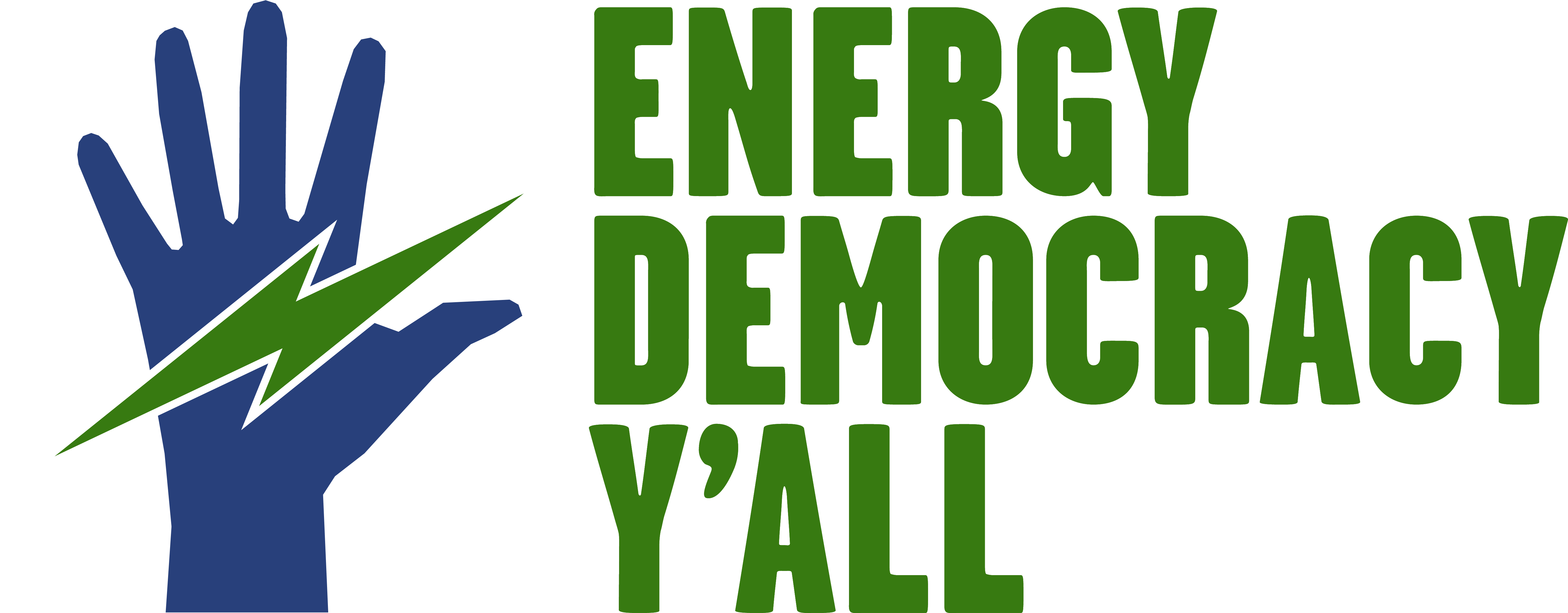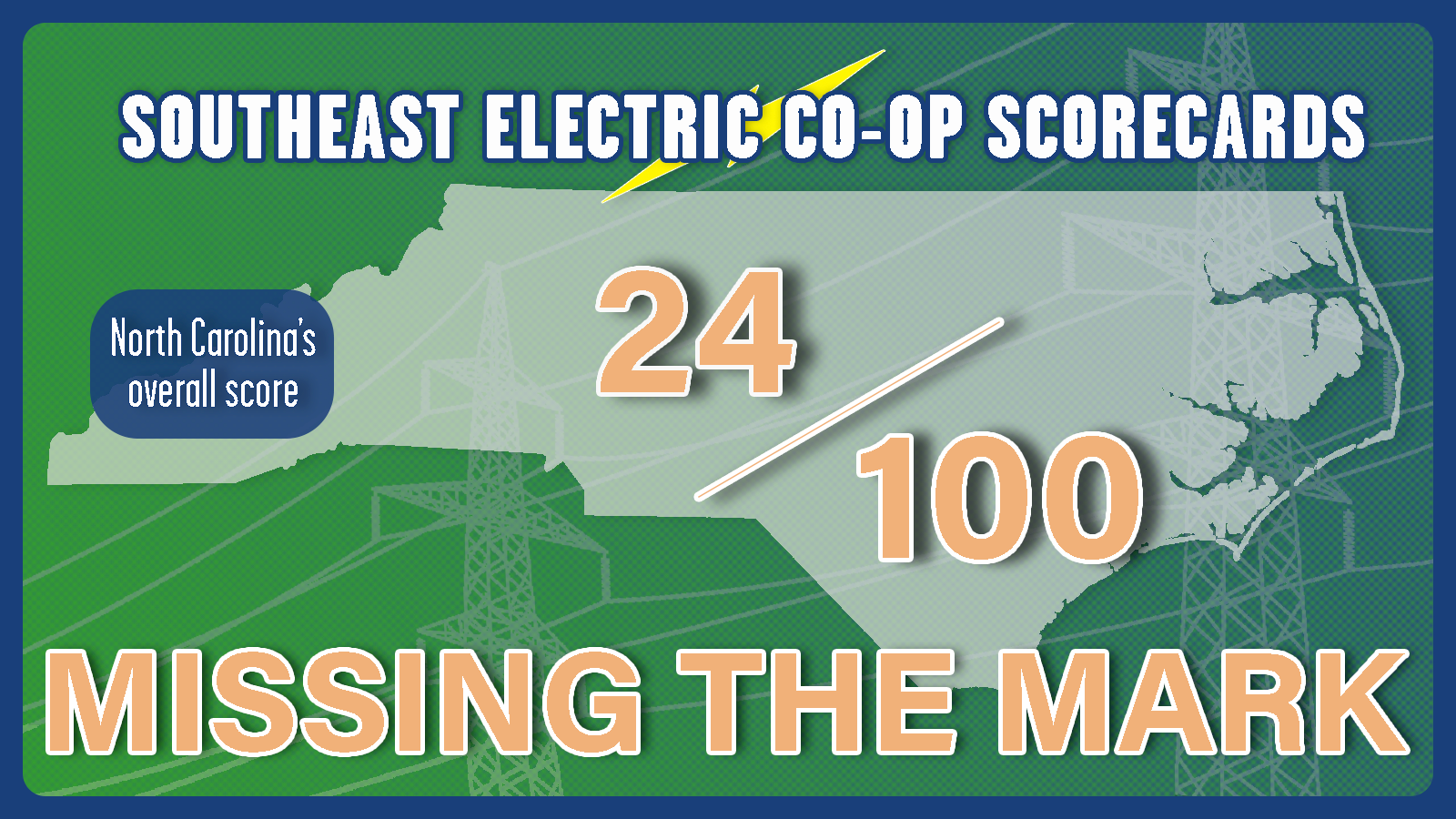North Carolina
Policy priorities
North Carolina, like the rest of the American South, is a state where electric utilities like Duke Energy enjoy monopoly control, leaving customers with no choice over who provides their electricity. Utilities serve both customers and shareholders, a conflict that leaves N.C. customers paying outrageous bills while rewarding shareholders with higher profits — giving the utility little incentive to invest in clean energy.
The North Carolina Carbon Plan, required by state legislation passed in 202I, set the state on a path to reduce carbon emissions from public electric utilities 70% by 2030 and reach carbon neutrality by 2050. This plan only applies to Duke Energy, the state’s largest utility, which supplies 2 million state residents with electricity.
An alternative to this plan, the grassroots-based North Carolina People’s Energy Plan, is working to better understand the values, needs and concerns of N.C. residents in relation to the electricity system. This statewide initiative is using listening sessions and surveys to determine what to include in the People’s Energy Plan so that organizations can better advocate for a North Carolina energy future that works for everyone, regardless of who their electric provider is.

Movement spotlight: Advance Carolina
Advance North Carolina (“Advance Carolina”) is committed to fighting for energy democracy. As an organization, Advance Carolina’s mission is “to build political and economic power in Black communities and institutions across North Carolina.”
As facilitators of the North Carolina Black and Brown Policy Network, Advance Carolina views advocacy work through an intersectional lens. Additionally, their commitment to facilitating the Historically Black Colleges and Universities think-tank shows a commitment to building leadership amongst younger voices. Building power amongst North Carolina’s Black and Brown communities, and encouraging folks across the state to use their voice and their vote is core to Advance Carolina’s mission.
North Carolina Electric Co-op Scorecard:
Organizations from seven Southeastern states are taking a close look at the governance and services offered by their member-owned utilities. The Southeast Electric Co-op Scorecards project is an endeavor to rate electric cooperatives on their governance, energy efficiency, transition to renewable energy, modernization, and efforts to reduce the financial burdens on low-wealth members
RESOURCES
The organizations listed below are also working hard to help promote energy democracy in this state.

